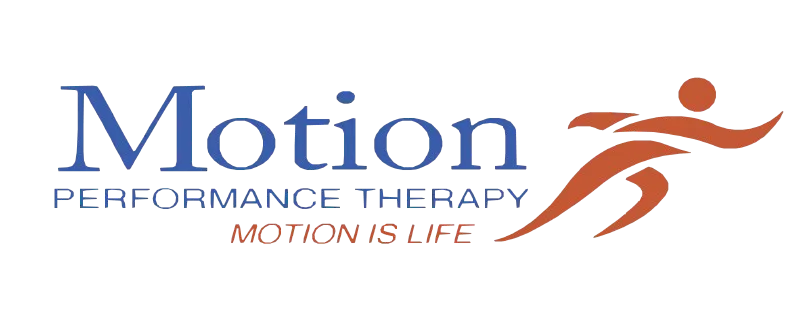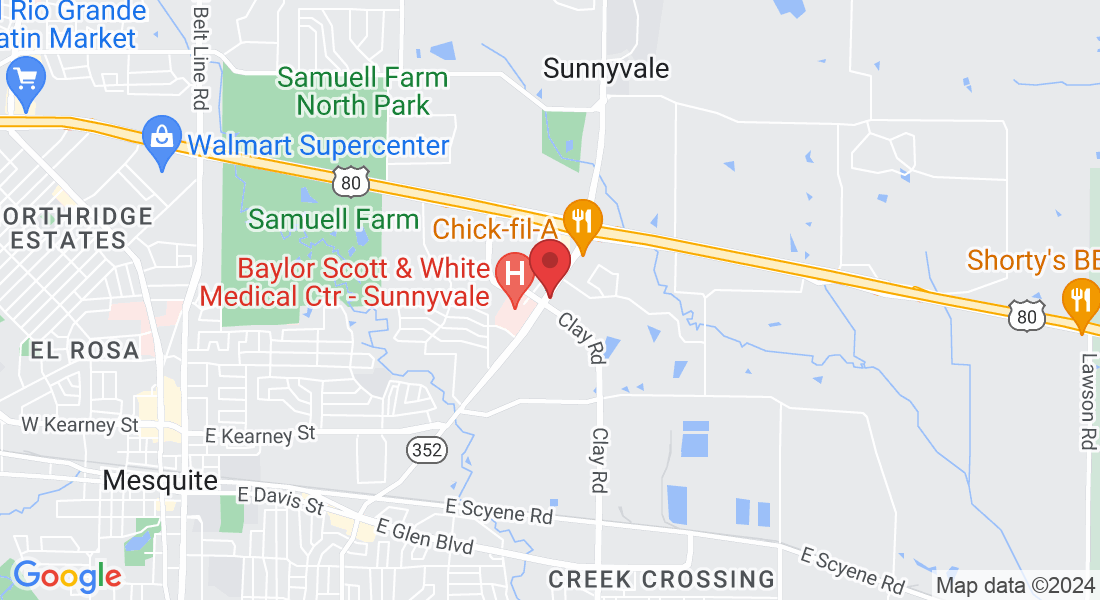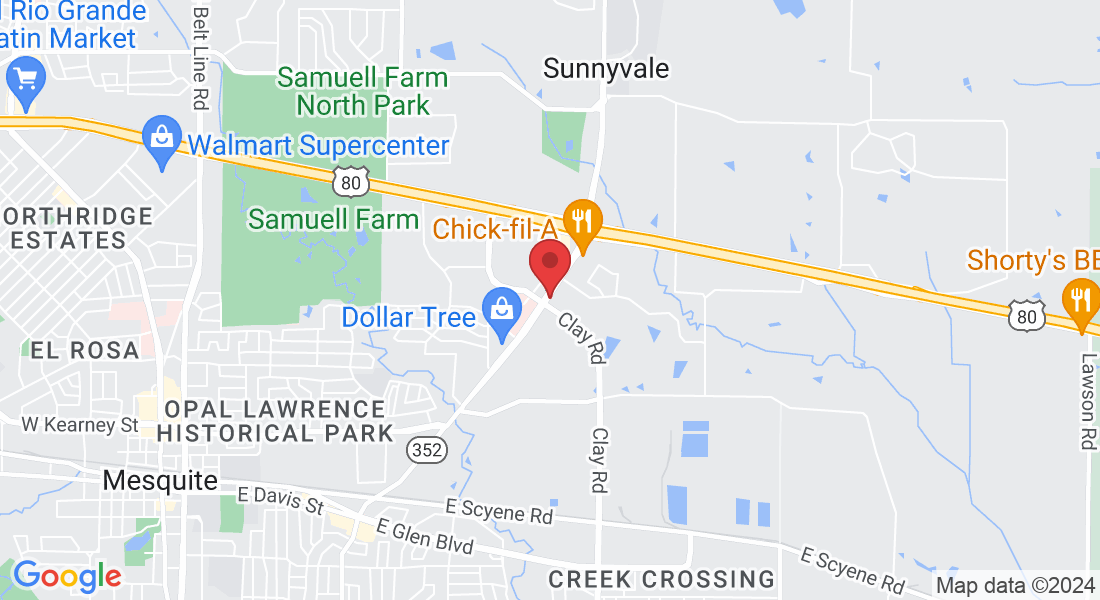214-256-3778
(214) 256-3770


Total Shoulder Replacement Specialist
When patients from in and around Sunnyvale, Texas and the greater east Dallas area are in need of shoulder replacement, Jeff Zhao, DO at the Dallas Orthopedic and Shoulder Institute provides state of the art procedures and care to help them regain strength and mobility in the shoulders.


Total Shoulder Replacement Specialist
When patients from in and around Sunnyvale, Texas and the greater east Dallas area are in need of shoulder replacement, Jeff Zhao, DO at the Dallas Orthopedic and Shoulder Institute provides state of the art procedures and care to help them regain strength and mobility in the shoulders.
Total Shoulder Replacement Q & A
What Is Shoulder Replacement Surgery?
During a shoulder replacement surgery, an orthopedic surgeon replaces the ends of the shoulder bones - humerus and scapula - with prosthetic caps. The caps are either made of metal or plastic, and the remaining parts of the shoulder joint are cemented back into place.
These prosthetics replace the active parts of the shoulder joint which are often the cause of pain due to injury or wear and tear.
What Is Shoulder Revision Surgery?
Shoulder revision surgery is sometimes needed when the initial surgery is not effective or the shoulder continues to degenerate following an earlier repair. Revision surgeries are often more complicated as each individual component of the shoulder will need to be examined and treated to ensure a better result.
Each patient has different needs, so Dr. Zhao works closely with his patients to determine the best course of action to relieve pain and improve their strength and mobility.
Why Are Shoulder Replacements Performed?
When shoulder pain and loss of function and mobility is serious and impeding a person’s normal day to day life Dr. Zhao will recommend shoulder replacement if medications or additional therapies are not relieving the pain.
The doctor will perform a variety of diagnostic tests, such as X-rays to view the bones and cartilage to identify whether they are damaged, if there is a fracture, or any other possible issues to determine the best treatment for each individual patient.
What Happens After Surgery?
For the first 24 hours following surgery, intravenous (IV) antibiotics will be provided. Patients will also receive medications to reduce pain and prevent blood clots. Patients are bandaged around the shoulder and a drain for any excess fluid is temporarily inserted.
Many patients will wear a compression sleeve on the arm. Within a day or two following surgeries, the patient will begin physical therapy to ensure that the joint and surrounding muscles don’t lose strength and flexibility during the healing process. As the shoulder heals, the exercises and therapy will become more intense to restore optimal flexibility, strength, and range of motion.
Total Shoulder Replacement Q & A
What Is Shoulder Replacement Surgery?
During a shoulder replacement surgery, an orthopedic surgeon replaces the ends of the shoulder bones - humerus and scapula - with prosthetic caps. The caps are either made of metal or plastic, and the remaining parts of the shoulder joint are cemented back into place.
These prosthetics replace the active parts of the shoulder joint which are often the cause of pain due to injury or wear and tear.
What Is Shoulder Revision Surgery?
Shoulder revision surgery is sometimes needed when the initial surgery is not effective or the shoulder continues to degenerate following an earlier repair. Revision surgeries are often more complicated as each individual component of the shoulder will need to be examined and treated to ensure a better result.
Each patient has different needs, so Dr. Zhao works closely with his patients to determine the best course of action to relieve pain and improve their strength and mobility.
Why Are Shoulder Replacements Performed?
When shoulder pain and loss of function and mobility is serious and impeding a person’s normal day to day life Dr. Zhao will recommend shoulder replacement if medications or additional therapies are not relieving the pain.
The doctor will perform a variety of diagnostic tests, such as X-rays to view the bones and cartilage to identify whether they are damaged, if there is a fracture, or any other possible issues to determine the best treatment for each individual patient.
What Happens After Surgery?
For the first 24 hours following surgery, intravenous (IV) antibiotics will be provided. Patients will also receive medications to reduce pain and prevent blood clots. Patients are bandaged around the shoulder and a drain for any excess fluid is temporarily inserted.
Many patients will wear a compression sleeve on the arm. Within a day or two following surgeries, the patient will begin physical therapy to ensure that the joint and surrounding muscles don’t lose strength and flexibility during the healing process. As the shoulder heals, the exercises and therapy will become more intense to restore optimal flexibility, strength, and range of motion.
Our Patient Reviews
Our Locations
Dallas Orthopedic and Shoulder Institute - Sunnyvale
Office Hours
Monday through Friday - 8:00am – 5:00pm
Saturday & Sunday – CLOSED
Motion Performance Therapy - Sunnyvale
Clinic Hours
Monday through Thursday - 7:00 am - 5:30 pm
Friday, Saturday & Sunday - CLOSED
Phone Number:
214-256-3778
Address
222 South Collins Road, Suite 101
Sunnyvale, TX 75182
Dallas Orthopedic and Shoulder Institute - Kaufman
Office Hours
Monday through Thursday - 8:00am – 5:00pm
Friday, Saturday & Sunday - CLOSED
Motion Performance Therapy - Kaufman
Clinic Hours
Monday through Thursday - 7:00 am - 5:30 pm
Friday, Saturday & Sunday - CLOSED
Phone Number:
214-256-3778
Address
874 Ed Hall Dr Suite 104, Kaufman, TX 75142 (Professional building next to Texas Health Presbyterian Hospital in Kaufman)
Our Patient Reviews
Our Locations
Dallas Orthopedic and Shoulder Institute - Sunnyvale
Office Hours
Monday through Friday - 8:00am – 5:00pm
Saturday & Sunday – CLOSED
Dallas Orthopedic and Shoulder Institute - Sunnyvale
Clinic Hours
Monday through Thursday - 7:00 am - 5:30pm
Friday, Saturday & Sunday - CLOSED
Phone Number:
214-256-3778
Address
222 South Collins Road, Suite 101
Sunnyvale, TX 75182
Dallas Orthopedic and Shoulder Institute - Kaufman
Office Hours
Monday through Thursday - 8:00am –5:00pm
Friday, Saturday & Sunday - CLOSED
Motion Performance Therapy - Kaufman
Clinic Hours
Monday through Thursday - 8:00am –5:00pm
Friday, Saturday & Sunday - CLOSED
Phone Number:
214-256-3778
Address
874 Ed Hall Dr Suite 104, Kaufman, TX 75142 (Professional building next to Texas Health Presbyterian Hospital in Kaufman)


Copyright 2026Dallas Orthopedic and Shoulder Institute. All rights reserved





